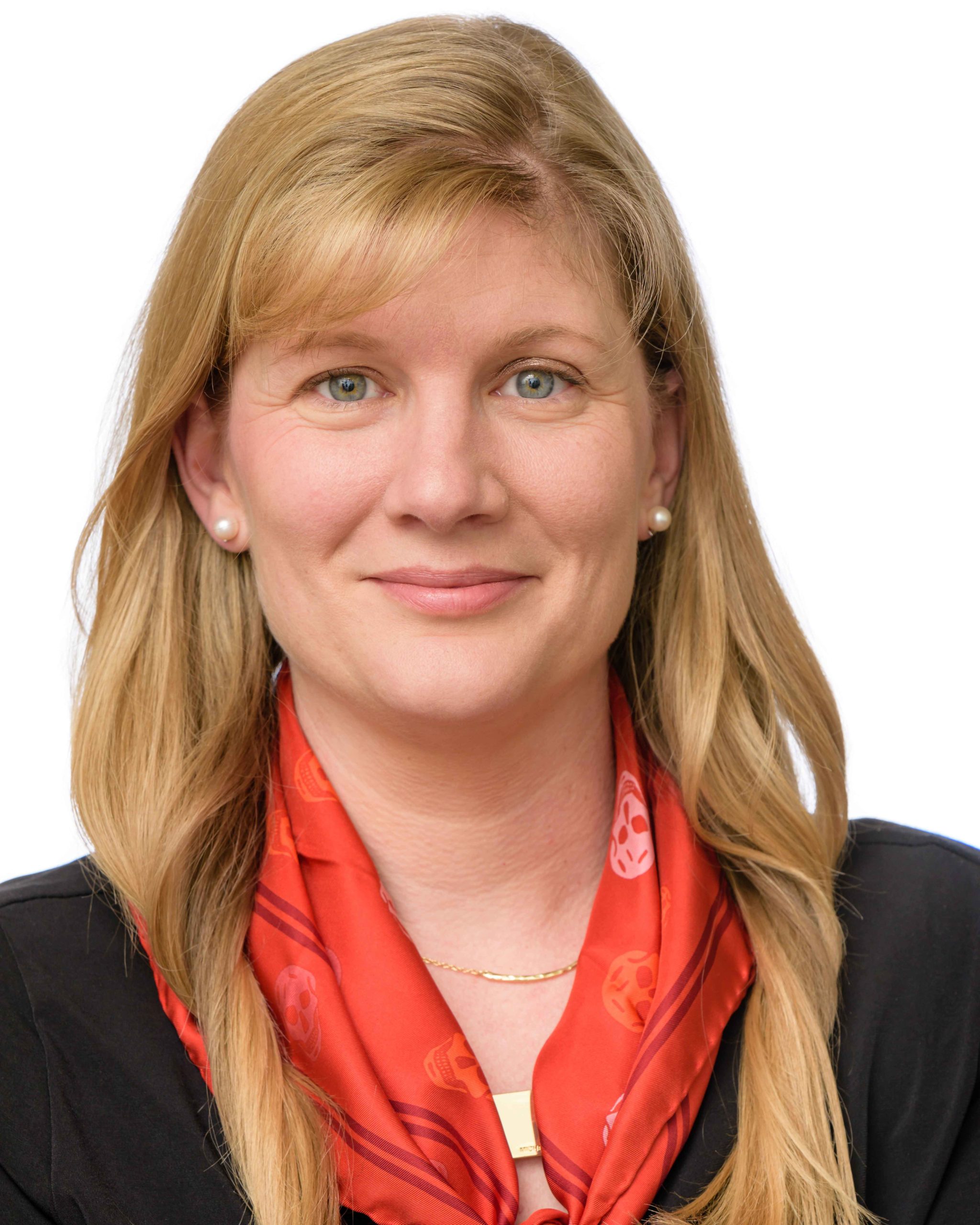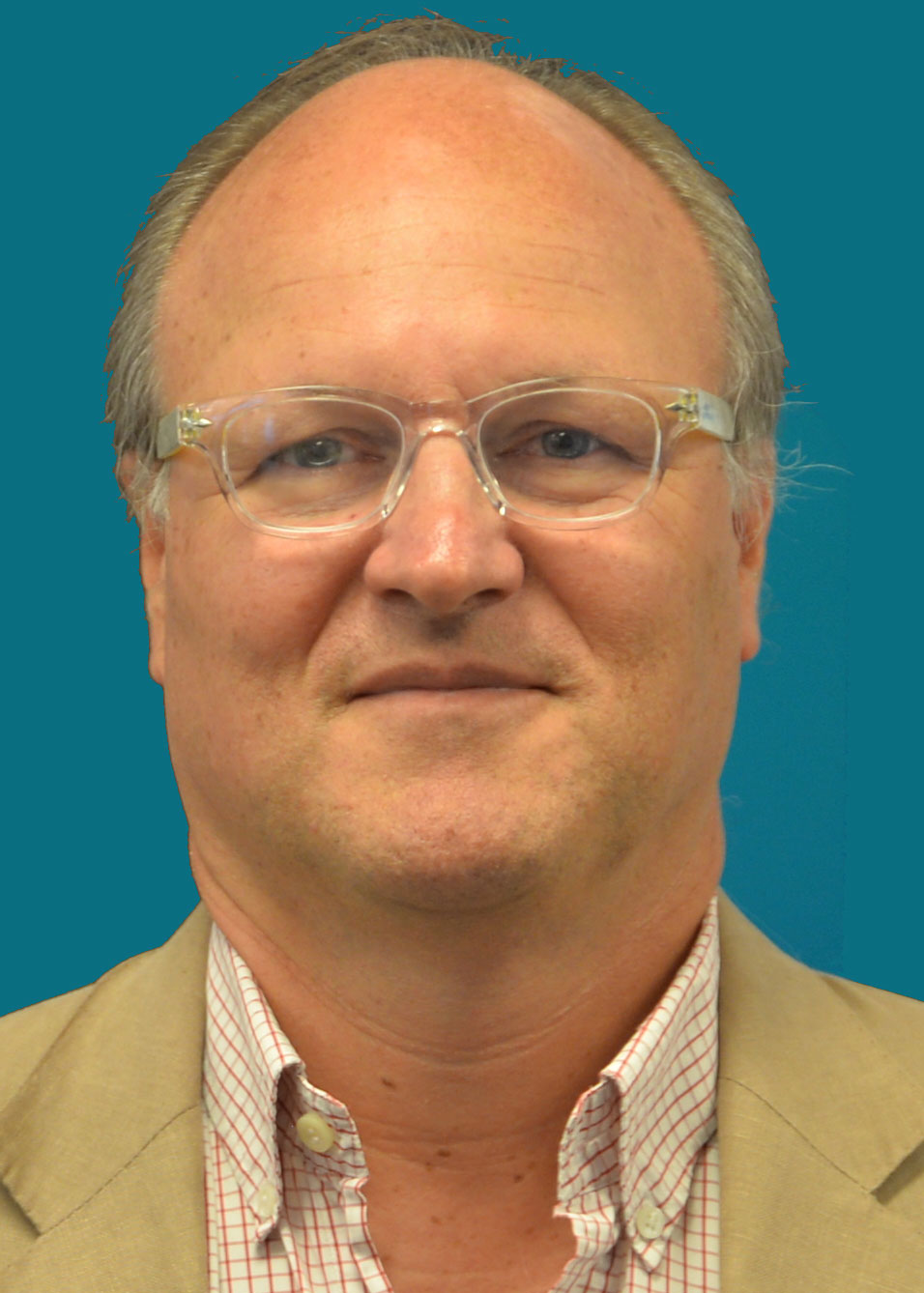The theme for this year’s Robert F. Tinker Fellows Program, which aims to promote innovation, creativity, and cross-disciplinary conversations, focuses on diversity, equity, and inclusion in STEM education. We are delighted to announce two Tinker Fellows in 2023.
- Colby Tofel-Grehl will collaborate on a geoscience project and plans to develop companion professional learning materials for geohazard modules in order to help teachers facilitate thoughtful engagement and agency with students related to understanding hazards in their local environment.
- Cristián Rizzi Iribarren will create place-based data and systems modeling activities, including a CODAP activity about Argentinian fauna and a SageModeler activity about a local ecosystem. He will also translate activities into Spanish.
Colby Tofel-Grehl took a job in the corporate sector when she graduated from college, but when a friend connected her to a teaching assistantship in a local kindergarten, she “fell madly in love with kids and teaching and never looked back.”

Currently an associate professor of STEM and Science Education at Utah State University, Tofel-Grehl was a classroom teacher for elementary through high school students for over a decade before pursuing a Ph.D. in Curriculum and Instruction at the University of Virginia’s School of Education. “I’m really lucky,” she says, “because the same thing excites me today that excited me 20 years ago. Kids and teachers.”
Inspired by the care she sees teachers bringing to their classrooms and the “raw passion and joy for science” she witnesses in young students, Tofel-Grehl develops scaffolds and supports for teaching and learning. As Principal Investigator of three National Science Foundation (NSF)-funded grants and a GEAR-UP grant from the Department of Education, she focuses on the use of technology for both creating equitable STEM pipeline access and reimagining and reallocating the power structures that dictate whose histories and stories are told in classrooms.
For example, her E-STITCH (Elementary STEM Teaching Integrating Textiles and Computing Holistically) project uses coding and crafting technologies to ignite critical classroom explorations of the rich and varied stories across personal, cultural, state, and national histories to create a more inclusive and critical understanding of events that shape the fabric of our society for students. She is proud that E-STITCH was recognized in 2021 as an NSF ITEST exemplar project for the innovative use of technology for learning experiences in the service of broadening participation.
Tofel-Grehl’s current research focuses on developing and validating a model of teacher professional development to support culturally responsive computational pedagogy using Making and electronic textiles in rural schools in Hawaii. She hopes to “meet teachers where they are—in terms of both their prior knowledge and their geography.” Her goal is to help teachers support student agency and consequential learning for Indigenous students.
When she is not teaching, conducting research, or training teachers, she admits to obsessing about the training of her two beloved dogs. Her golden retriever, Crash, is working towards his search and rescue certification, while her Newfoundland, Daisy, is working towards her therapy certification for hospice care.
As part of her Tinker Fellowship, Tofel-Grehl will collaborate with Principal Investigator Amy Pallant on her geoscience projects to ensure that teachers have support and resources for student engagement and agency.
Cristián Rizzi Iribarren began his career in education while earning his undergraduate degree in chemistry as he tutored high school students and taught BASIC and Logo at a private school. Rizzi Iribarren chuckles that this was a time “long before the Internet.” Using an Atari 130XE home computer, he discovered an inclined plane simulator and, realizing the potential of simulations for understanding science, found his vocation.

Rizzi Iribarren is now an Educational Technology Specialist at the Ministry of Education of the Autonomous City of Buenos Aires, Argentina, and a Visiting Professor in the School of Education at the University of San Andrés and at the Universidad de la Ciudad of Buenos Aires City.
His work focuses on teacher professional development and helping teachers integrate technology into their subjects. According to Rizzi Iribarren, having resources in Spanish will contribute to equitable, just, and more inclusive STEM learning. He has translated several Concord Consortium resources into Spanish, including SageModeler, CODAP, the High-Adventure Science module “Will the air be clean enough to breathe?” (“¿Estará el aire suficientemente limpio como para respirarlo?”), the SmartGraphs activity “African Lions” (“Leones africanos”), the “Ant Picnic” (“Picnic para hormigas”) and “Plants” (“Plantas”) CODAP activities, and additional resources and articles.
He has taught courses on systems modeling using SageModeler, where he focuses on local phenomena. For instance, he uses a causal map of the transmission model of the dengue virus, which is a public health issue in Argentina. Teachers complete the SageModeler Getting Started tutorial in Spanish (“Guía Comenzando”), then create their own models. In a course on data science, he has teachers search open data repositories for a dataset of interest, import the data into CODAP, create a graph or map, and explain their data story. His goal is to get teachers to consider how they can apply similar activities to their own classes.
Fascinated by most learning technologies and a self-described “seeker of tools that allow the creation of computational models,” his current interests include Artificial Intelligence. He describes a recent experience using ChatGPT. After reading a newspaper article about applying data science to the study of biodiversity and the ecology of wetlands as a complex system, he asked the chatbot to explain specific techniques and was surprised by the “accuracy, clarity, and depth” of the response.
In his free time, he enjoys taking walks with his wife, cheering on his three children playing rugby and field hockey, and watching a good detective series.
During his Tinker Fellowship, Rizzi Iribarren will work with Principal Investigator Dan Damelin to create culturally relevant, place-based activities in interdisciplinary topics and translate activities into Spanish.
The Concord Consortium envisions a world where all students and teachers use effective digital resources to engage deeply, justly, and equitably with STEM concepts and practices in varied personal, cultural, and social contexts. We are thrilled to welcome two Tinker Fellows as we work towards our mission to innovate and inspire equitable, large-scale improvements in STEM teaching and learning through technology.